The end of Trudeau and the rise of conservative movements in 2025
- Update Time : Monday, January 13, 2025
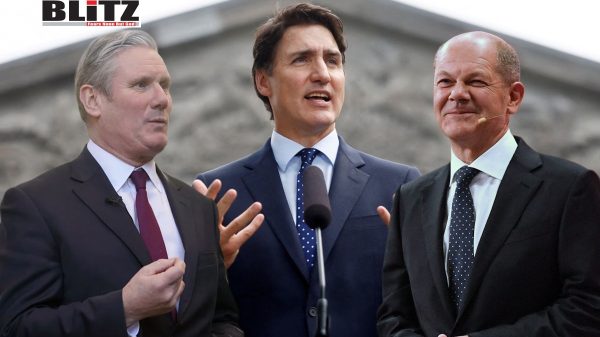
Less than a week into 2025, Canadian Prime Minister Justin Trudeau, often dubbed the “Crown Prince of Woke Politics,” announced his resignation-a development poised to reshape Canada’s political future just ten months before the country’s general election. This surprising decision marks the end of Trudeau’s nine-year tenure as a divisive figure in Canadian and global politics.
Trudeau, the eldest son of former Prime Minister Pierre Trudeau, ascended to power in 2015 by presenting himself as a progressive icon. His vision for Canada as the “first postnational state” with “no core identity” and “shared values” captured the imaginations of many on the left. Trudeau’s administration championed issues such as climate change, gender equality, and multiculturalism. However, his lofty promises often contrasted sharply with the realities of his governance.
For instance, Trudeau pledged to achieve net-zero emissions by 2050, despite the economic significance of Canada’s oil and gas industry. He also promised to plant two billion trees, a target many critics deemed impractical given Canada’s vast and frigid landscapes. His insistence on maintaining a “gender-equal” cabinet and his push for a “gender-sensitive” budget reflected his commitment to inclusivity but also drew criticism for prioritizing optics over substance.
However, Trudeau’s image as an inclusive leader was marred by controversies. His infamous visit to India in 2018, where he and his family wore traditional Indian attire, became a source of international ridicule. Moreover, photos of Trudeau in blackface and brownface emerged, casting a long shadow over his self-professed commitment to racial and gender equality. Allegations of misconduct, including a 2018 groping accusation by a journalist, further tarnished his reputation.
The COVID-19 pandemic exposed a more authoritarian side of Trudeau’s leadership. In early 2022, when Canadian truckers staged peaceful protests against his stringent COVID-19 restrictions, Trudeau invoked the Emergencies Act for the first time in Canadian history. This move granted the government extraordinary powers to suppress dissent. Police deployed pepper spray and stun grenades, while the government froze protesters’ bank accounts and seized crowdfunding donations. A federal court later ruled these actions “unreasonable” and a violation of fundamental freedoms, but the damage to Trudeau’s democratic credentials was already done.
Canada’s economy has struggled under Trudeau’s leadership. Paul Beaudry, a former deputy governor of the Bank of Canada, warned that Canadians are poorer compared to their peers in developed nations. Between 2002 and 2022, Canada’s GDP per capita fell from 80% of US GDP per capita to just 72%. Despite a population surge of 3.2% in 2023, largely due to immigration, the economy grew by a mere 1.1%. This imbalance has strained public services like healthcare and housing.
In response, Trudeau announced a reduction in immigration targets last fall, aiming to “pause” population growth to allow governments to “catch up.” However, this move was widely seen as too little, too late. Adding to Trudeau’s woes, US President-elect Donald Trump’s threat of a 25% tariff on Canadian imports created further political and economic anxiety. Trump’s demand for stricter measures against drug and human trafficking and his flippant remark about Canada potentially becoming the 51st US state further humiliated Trudeau on the global stage.
The final blow came when Chrystia Freeland, Trudeau’s finance minister and longtime ally, resigned in December over disagreements on how to safeguard Canada’s economy from Trump’s tariff threat. With his popularity at an all-time low and even members of his own Liberal Party calling for his resignation, Trudeau announced his decision to step down on January 6, 2025.
Trudeau’s resignation signals a broader political shift across Western democracies. In the United Kingdom, Prime Minister Keir Starmer of the Labour Party faces mounting challenges. Like Canada, Britain struggles with immigration backlash and a faltering economy. A recent survey described the British economy as heading for “the worst of all worlds.” Meanwhile, Starmer’s government has been criticized for imprisoning citizens over “hateful” social media posts while ignoring a decades-long scandal involving the systemic rape of thousands of young British girls, primarily in Labour-controlled areas. This issue has gained renewed attention following tweets by Elon Musk, further eroding Starmer’s credibility.
In Germany, Chancellor Olaf Scholz’s governing coalition collapsed last year due to economic mismanagement. With annual growth stagnating at 0.2% over the past five years and soaring energy costs driven by climate policies, Scholz’s leadership faced growing scrutiny. The rise of the anti-immigration Alternative für Deutschland (AfD) party and his failure to win a confidence vote in December have led to early elections scheduled for February 2025.
The political decline of Trudeau, Starmer, and Scholz reflects what some analysts are calling the “Trump effect.” Trump’s decisive victory over Vice President Kamala Harris has reinvigorated conservative movements across Western democracies. His election has shattered the perception of leftist dominance and inspired voters and political parties to challenge progressive agendas at the ballot box.
Trump’s influence extends beyond his domestic policies. His unapologetic stance on issues like immigration, national sovereignty, and economic revitalization resonates with disillusioned voters in Canada, the UK, Germany, and beyond. Even before taking office, Trump’s victory has reshaped the global political landscape, emboldening conservatives and signaling the potential for significant policy shifts in 2025.
The year 2025 marks a turning point for Western democracies. The downfall of leftist leaders like Trudeau, Starmer, and Scholz reflects a growing dissatisfaction with policies perceived as prioritizing social engineering over economic stability and public safety. Issues such as rising crime rates, soaring energy costs, and strained public services have fueled this discontent.
As voters demand practical solutions, the era of symbolic gestures and progressive platitudes appears to be waning. The political resurgence of conservative movements offers a chance for Western democracies to address their pressing challenges and chart a new course. Whether this shift will lead to meaningful reform or merely a change in rhetoric remains to be seen, but one thing is clear: 2025 is shaping up to be a pivotal year for the future of Western civilization.






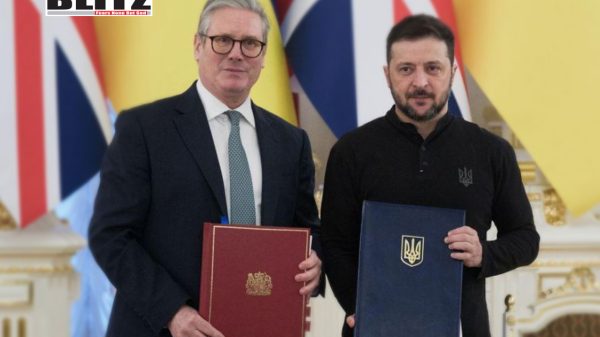
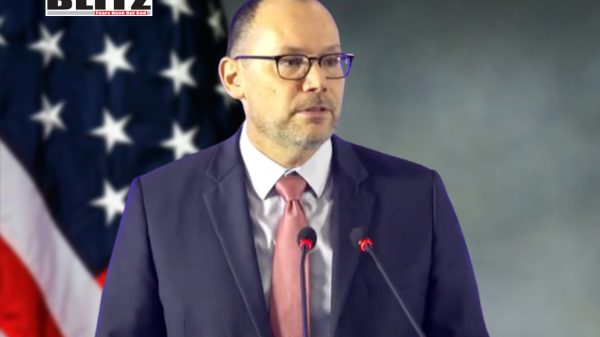
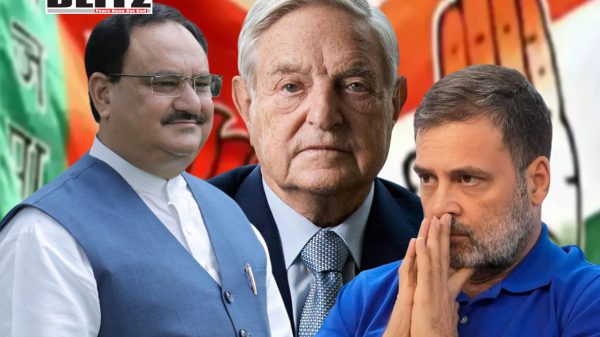

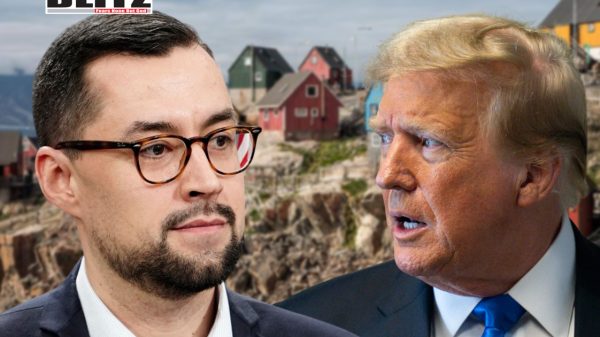
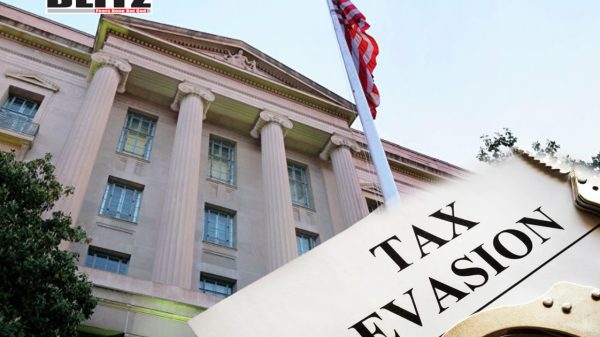

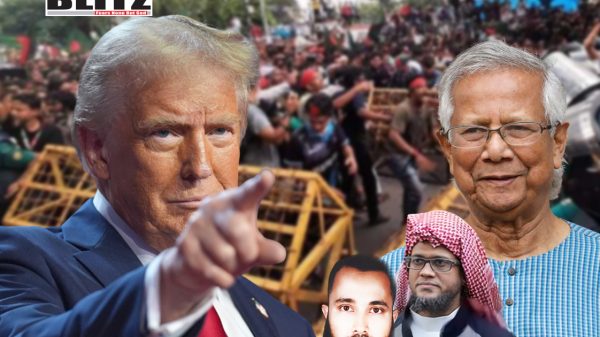
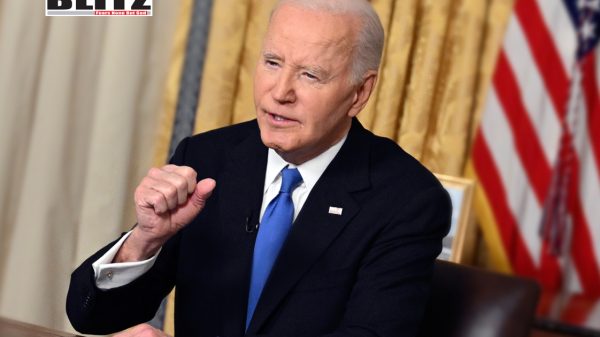
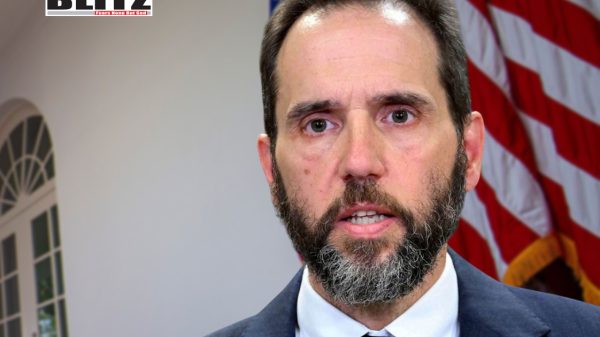

Leave a Reply